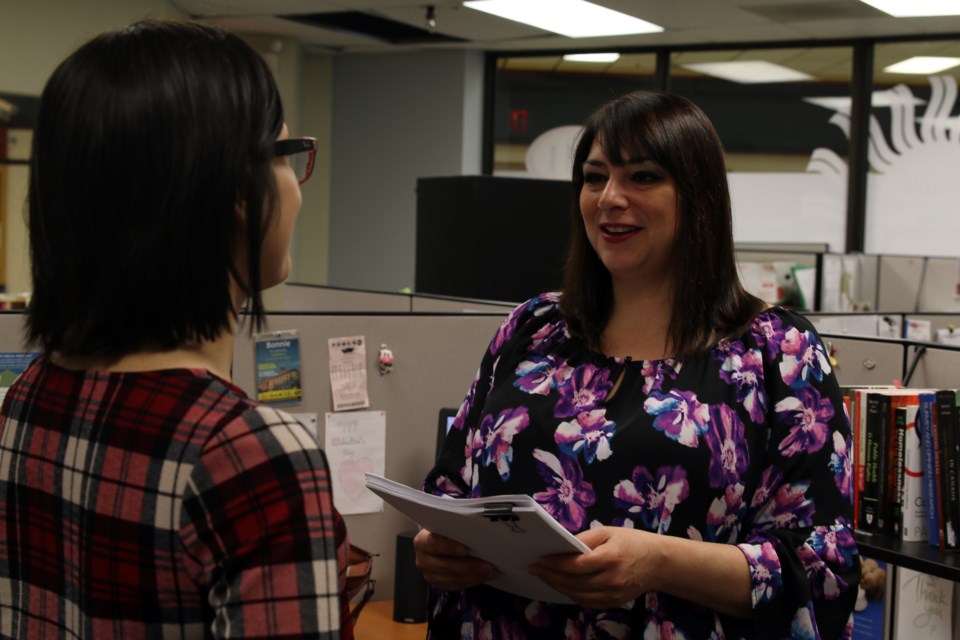THUNDER BAY -- The architects of an annual poverty report in the city have prepared their second edition and they say there's no reason to stop now.
The Lakehead Social Planning Council's Community Action Plan To Reduce Poverty's three-year annual funding envelope of $35,000 will expire in April of 2017.
Its staff will appear before city council on Oct. 31 to request that funding be extended another two years.
The LSPC has spent the first couple of years creating base data points. Now that they've charted the landscape with information from as many as 5,000 of the 15,000 people estimated to be living in extreme poverty, its staff sees a future in observing that data and integrating responses to its trends into the city's strategic plan.
"It gives us a framework to do comparison studies," said LSPC director of services Marie Klassen.
"Is there an improvement year-to-year on what we see going up? What do we see going down?"
Bonnie Krysowaty believes the data that has been collected is a starting point for new questions.
Fifty per cent of those participating in the LSPC's tax-filing campaign, for example, identified as Aboriginal when Aboriginal people make up only 12 per cent of Thunder Bay's population demographic. The Point In Time count, which concluded Thunder Bay has 500 homeless people, showed a disproportionate number of people forced to couch surf.
Her research tracks the low vacancy rates and year-over-year rent increases that make Thunder Bay's rental housing market the least affordable in Canada among cities with a population over 100,000.
Krysowaty can foresee the city developing policies in response to the data's trends and evolution but she said that will only be possible if the study is allowed to continue.
"I speak to lots of people in the community about social issues and a lot of them say the driving force in a lot of those is poverty, so people get it. They understand," Krysowaty said.
"But a report like this can at least provide some direction for (city administration and council) so they know where to go."
